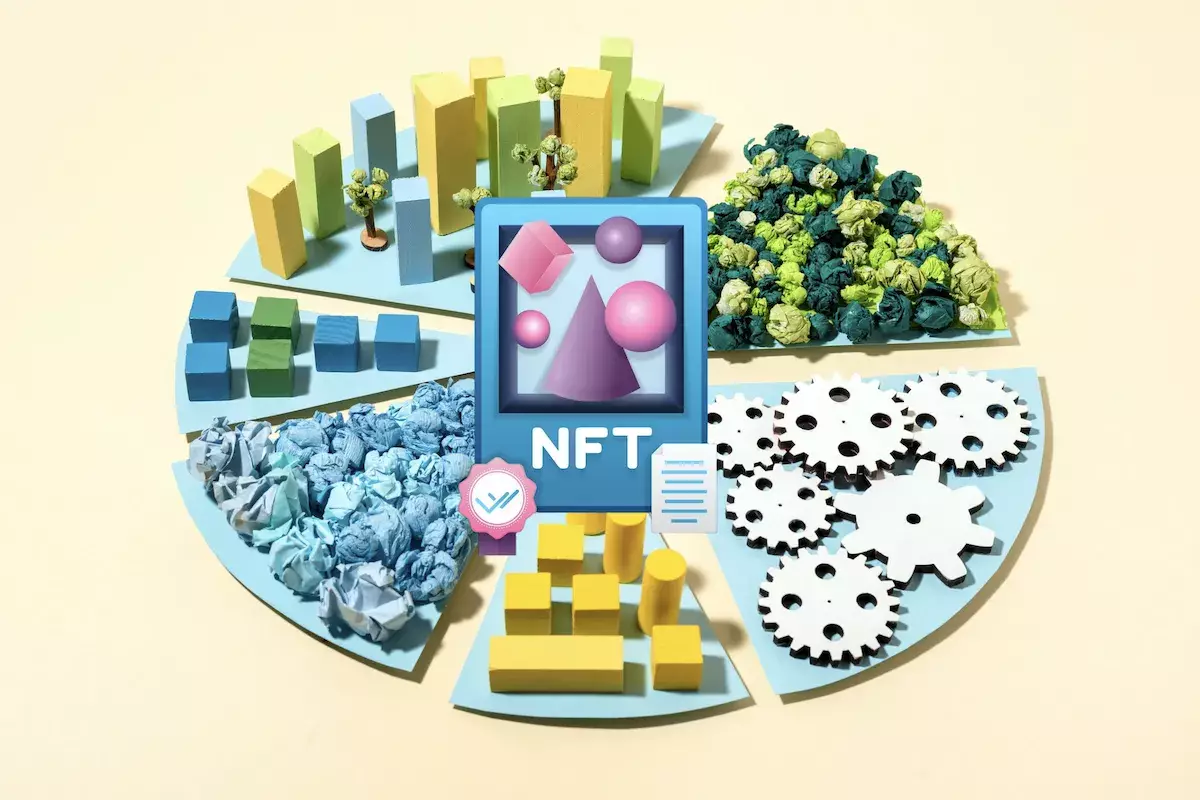As the effects of climate change intensify and public consciousness surrounding environmental sustainability rises, Europe is embarking on an ambitious journey toward a greener future. Central to this endeavor is the European Green Deal, a comprehensive strategy aimed at curtailing carbon emissions and fostering a more sustainable economy. The Green Deal’s multifaceted approach encompasses various elements, including pollution reduction, resource efficiency, improved product design, and enhanced recycling efforts.
A significant aspect of this plan is the introduction of Digital Product Passports (DPPs), a novel initiative that aims to inject transparency into the product lifecycle from production to consumption. By leveraging advanced technologies, the DPPs aim to provide consumers and manufacturers alike with essential data regarding the environmental impact of products while encouraging responsible resource usage.
Digital Product Passports serve as comprehensive digital files that accompany products throughout their journey. From the initial extraction of raw materials through manufacturing, shipping, and ultimate disposal or recycling, DPPs track an array of information critical for sustainable practices. This information encompasses the product’s composition, environmental impact, repair opportunities, and any relevant certifications.
The DPP initiative is closely intertwined with the Ecodesign for Sustainable Products Regulation (ESPR), which is geared toward steering manufacturers to adopt designs that minimize waste and carbon emissions. Similarly, the Circular Economy Action Plan (CEAP) promotes designs that not only prioritize recycling but also facilitate the repurposing and reusability of products, thus creating a more circular economic model.
A primary objective of DPPs is to enhance the visibility of a product’s sustainability credentials. This includes offering insights into its carbon footprint, the use of recycled materials, and details about the product’s recyclability and repairability. Such transparency allows consumers to make informed decisions that align with their environmental values, fostering greater accountability among manufacturers as well.
Moreover, regulatory compliance is another critical component of DPPs. As European Union regulations evolve to demand more stringent emission cuts and resource management practices, DPPs will be invaluable for companies striving to adhere to these guidelines. By providing easily accessible records of product data, manufacturers can demonstrate compliance more effectively.
While the concept of NFTs (Non-Fungible Tokens) initially garnered attention primarily in the realm of digital art, their potential applications extend far beyond mere collectibles. In the context of DPPs, NFTs provide an innovative way to establish a product’s authenticity and trace its history. Each NFT serves as a unique digital certificate that correlates to a specific physical product, ensuring a verifiable record that tracks its lifecycle from creation to recycling.
The inherent characteristics of NFTs, particularly their immutability, afford DPPs a level of security and trustworthiness that is critical in today’s market. Since blockchain technology underpins NFTs, any recorded transaction or product update becomes part of an unalterable historical record. The use of NFTs thus not only reinforces the integrity of the data represented in DPPs but also bolsters consumer trust.
Challenges and Considerations in Implementing NFTs
Despite the promise that NFTs hold for enhancing DPPs, challenges remain. Notably, issues pertaining to data privacy and the need to comply with regulations, such as the GDPR (General Data Protection Regulation), pose significant hurdles. Striking a balance between transparency and data protection will be crucial as companies navigate this evolving landscape.
Furthermore, interoperability among different blockchain systems is essential to avoid data fragmentation. Ensuring that various NFTs can communicate with one another will help create a cohesive ecosystem for digital product tracking. Achieving this will require collaboration among businesses, regulators, and technology providers to establish common standards and protocols.
The Future of DPPs and NFTs in Achieving Sustainability
As Europe and, potentially, the rest of the world accelerate efforts to achieve sustainability, the integration of Digital Product Passports and NFTs is likely to play a pivotal role. Innovative ideas, such as combining DPPs with IoT (Internet of Things) sensors and AI technologies, can further enhance the efficiency of tracking and monitoring product conditions, fostering real-time insights.
Organizations that adopt NFT-based DPP systems may gain a competitive edge. As consumers increasingly prioritize sustainability, businesses that can successfully demonstrate the ethical sourcing of materials and the environmental impact of their products stand to benefit significantly.
While challenges abound, the potential for Digital Product Passports, bolstered by NFTs, to revolutionize product transparency is immense. By establishing trust through meticulous tracking and empowering consumers with crucial sustainability data, Europe sets a formidable blueprint for a responsible and environmentally conscious future.

